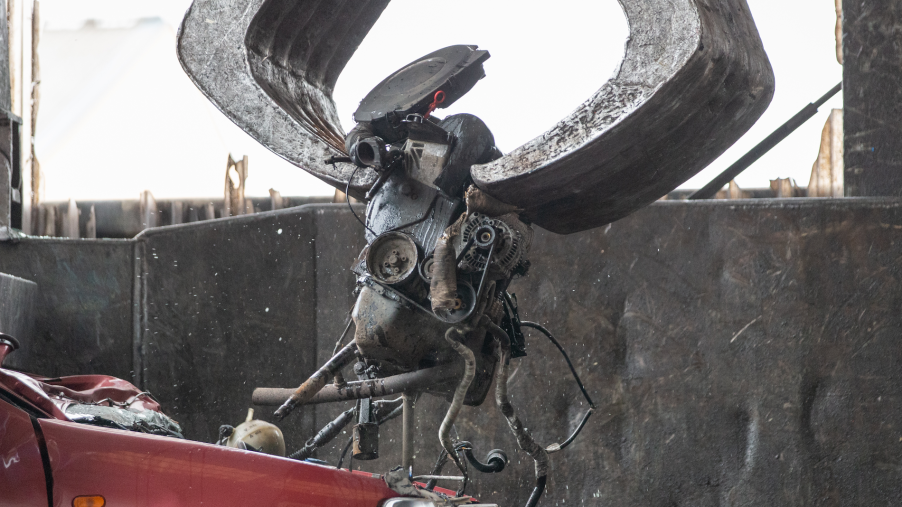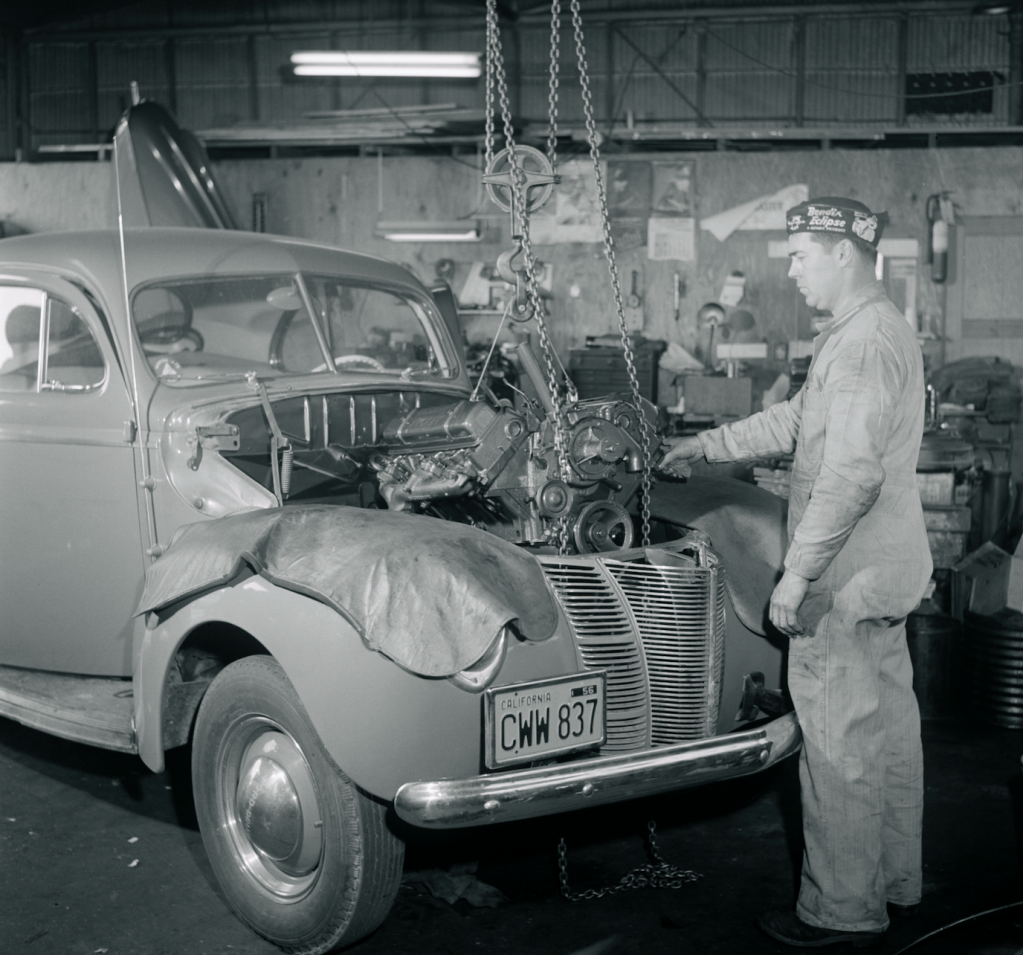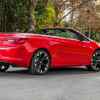
Mercedes Announces All Gas-Powered Engines Dead By 2030
Earlier this week Mercedes-Benz pledged $47 billion to go all-electric ending all internal combustion engines where conditions allow. It also laid out how it will do this and what platforms it will use. It is truly an astronomical amount of money, development, and rebranding for what it says is the “world’s leading luxury-car maker.”
Mercedes engines are dead: “We are switching from EV first to EV only”

As everyone knows the industry transformation to electrification is ramping up. Still, setting 2030 as the time Mercedes ends internal combustion engines is not that far off. And it was unexpected coming from Mercedes. “We are switching from EV first to EV only,” one executive was heard to say according to Automobilwoche.
Mercedes-Benz has been slow in embracing EVs. So this could be an honest commitment for Mercedes to eliminate gas engines, or it could be a reaction to the industry. And, to stockholders. It may be the realization that with different countries banning the sale of ICE vehicles in the near future it might not have anything to sell. Or that it might be viewed as lagging behind the rest of the industry, and the world.
Mercedes will bring out three new EV platforms by 2025

According to Bloomberg, these are some of the steps it is taking to become EV-only. It will be bringing out three EV-only platforms in 2025. The MB.EA platform is for midsize and large passenger cars. An AMG.EA platform will underpin its performance cars and the VAN.EA will be for vans and light commercial vehicles.
Mercedes is tying up with new partners for sourcing batteries in Asia and Europe. It says it will need more than 200 gigawatt-hours of cell capacity before 2030. Mercedes also plans to partner with Shell and other companies for populating EV-charging stations.
Eight EVs will be available by 2022 on three continents. Besides the EQS there will be a compact EQA and an electric version of its E-Class sedan. It plans on unveiling the E-Class in September at the Munich Auto Show.
“The tipping point is getting closer”

“The tipping point is getting closer and we will be ready as markets switch to electric-only by the end of this decade,” Chief Executive Officer Ola Kallenius said in a statement. “This step marks a profound reallocation of capital.”
While $47 billion is truly an extraordinary amount of capital it is no more than other companies have already said they will commit to the electric future. General Motors, Ford, and Stellantis have all said they’ll spend that much by 2030. And Volkswagen will almost double that amount to see its electric vehicle plans completed.



